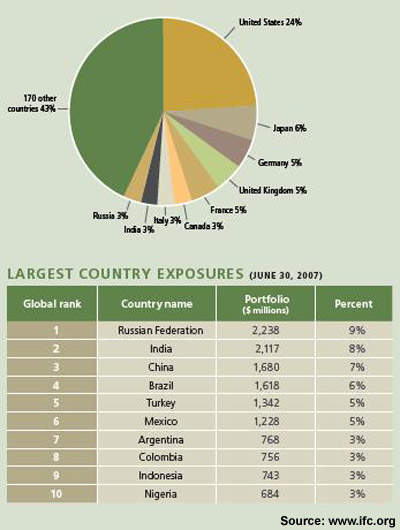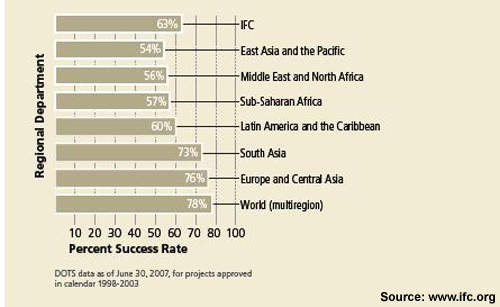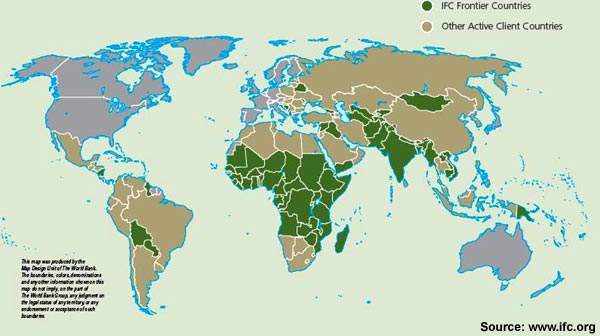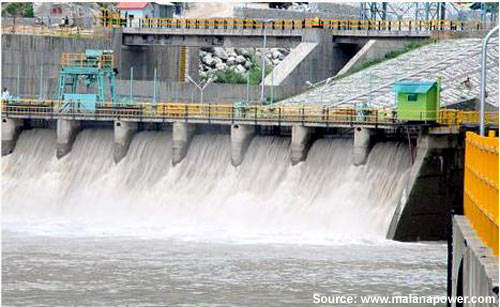Commercial operation of a 192MW run-of-the-river Allian Duhangan hydroelectric power plant began in April 2010. The project is in the Kullu District of Himachal Pradesh (Northern India). The build-own-operate project is owned by Allain Duhangan Power Company Limited (ADPCL) and has cost about $192m.
ADPCL will operate as a baseload plant during the summer and rainy seasons, and as a peaking plant in the winter and non-monsoon months. The project will help meet peak and energy shortages in the northern region of India, while helping to improve the country’s hydro/thermal mix. The power plant will reduce the greenhouse-gas emissions by 400,000t per annum.
The project, which was scheduled for completion in June 2009, was delayed due to agitation of the locals of Hirni village.
BHEL supplying hydroelectric equipment
Allain Duhangan Power Company Limited (ADPCL) is jointly owned by Rajasthan Spinning & Weaving Mills Limited (RSWM), HEG Limited (HEG) and Malana Power Company Limited (MPCL). These sponsor companies are part of the LNJ Bhilwara (LNJ) group having a 45% stake in the project. The IFC (International Finance Corporation) owns 12% and has contributed around $45m to the project, while SN Power has a 43% indirect ownership.
Allain Duhangan was the third project for the LNJ Bhilwara group. The company was involved in designing, manufacturing and commissioning the Pelton hydro turbines. The hydro sets were manufactured at the company’s Bhopal plant and the controls were supplied by the electronics division in Bangalore.
LNJ is a diversified industrial group with interests in textiles, graphite electrodes, sponge iron, power generation and information technology. The company has undertaken two other hydroelectric power projects to date: the 86MW Malana HPP in Himachal Pradesh and the 13MW Tawa HPP in Madhya Pradesh.
Both RSWM and HEG are publicly listed companies in India. MPCL was commissioned in 2001 and is an 86MW run-of-the-river hydroelectric power plant located in the Kullu District of Himachal Pradesh.
On a 90% dependable year, MPCL was designed to provide 370GWh of power to the Northern grid.
Equipment was also supplied by Bharat Heavy Electricals Limited (BHEL) and the civil works were undertaken by Gammon India.
Allain Duhangan project in mountainous terrain
The project is located in steep terrain of the Himalayas. It is requiring a portion of the Allain and Duhangan rivers to be diverted through tunnels to an underground power house to two 96MW generating units. A small diversion structure on the Allain River will supply water to an off-stream storage reservoir. That, together with water storage in both tunnels, will provide capacity for four hours of peaking generation during dry periods.
Short reaches of the Allain and Duhangan rivers will experience reduced flows, and environmental studies determined minimum flows to be maintained in each river below the two intake structures. Water will be returned to the Allain River through a tailrace tunnel.
The construction of the power house, which started in 2006, was complete after the installation of electrical and mechanical equipment necessary to commence the operations.
Critical tests like the Hydrostatic test of WYE-II at a pressure rate of 120kg/cm² and erection of the pressure shaft liner were successfully conducted in February 2010. The erection of the pressure shaft liner was done by back-fill concreting 315mt and 567mt of the inclined pressure shaft at a 5° angle between bend 1, bend 2, bend 3 and bend 4 respectively. A tunnel line was laid at a faster pace of average an 8mt per day through the use of imported CIFA gantry from Italy.
ADPCL is located near Pirni, east of the Beas River and extends within the villages of Pirni, Hamta and Jagatsukh.
The areas are sparsely populated due to the high elevation and steep slopes. In addition to project roads, ADPCL will contribute bridges and paved roads to the surrounding community. While ADPCL will maintain staff at the project site, the company will be headquartered in Delhi, India.
ADPCL prepared an Environmental and Social Impact Assessment (ESIA) of the project.
Environmental, social, health and safety issues associated with the project include land acquisition and resettlement, fisheries and riverine hydrology, forest conservation, impacts of the influx of a temporary construction work-force, environmental management of construction activities, worker health and safety during project construction and operations phases, dam safety, international waterways and the cumulative impacts of river basin development.
Wildlife Week 2004 remarked that the project was cleared in December 2000 by the MoEF in spite of an extremely poor impact assessment done in 1993. The organisation reported that subsequent studies commissioned by IFC indicated that the project would affect wildlife corridors, including some rare species.
Transmission and distribution
Power is transmitted to an existing substation at Nalagarh through a 180km-long and 220KV transmission line, from where it is transmitted to Rajasthan by a power grid. The transmission line has two sections, the snow zone from Prini to Panarsa and the non-snow zone from Panarsa to Nalagarh.
About 15% of the electricity is being provided to Himachal Pradesh State Electricity Board (HPSEB) free of cost for the first 12 years, after which the supply will be increased to 20%.
Allain Duhangan project controversy
The project was under controversy due to agitation of the locals in Hirni village. The project required laying power lines over the fields and houses of the residents, which was allegedly done without their consent. The locals alleged that the power lines set up by the project were illegal and was causing environmental degradation. The company, however, denied these allegations and stated that it was trying to work according to the agreement with the local committee that took place in the presence of the deputy commissioner of the village. According to the agreement, the company would pay the farmers four times the actual loss incurred. Later, once again, the company met the locals and accepted the conditions set by the deputy commissioner.








